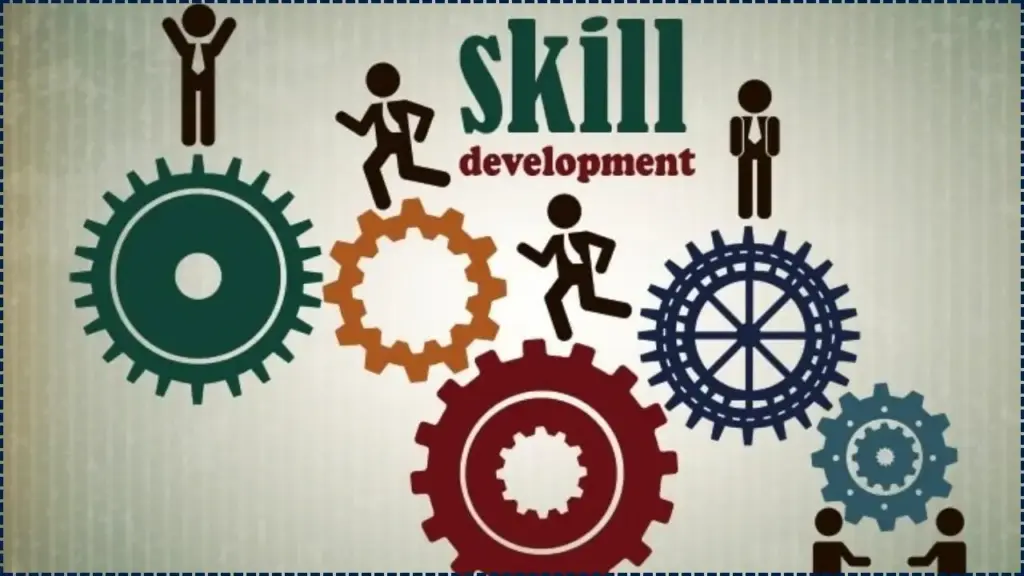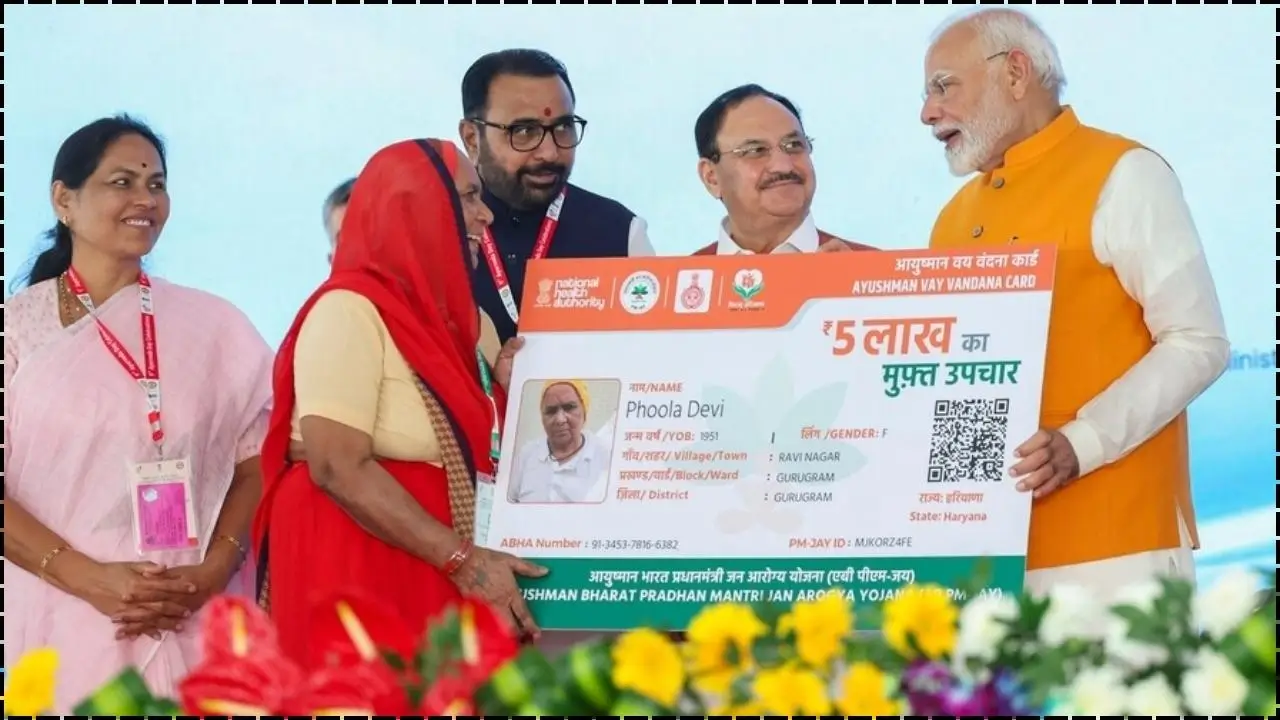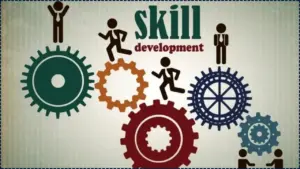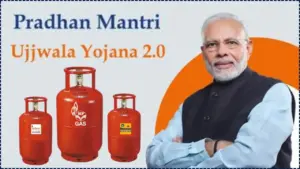State governments across India are rolling out comprehensive initiatives to provide free skill training to unemployed youth, aiming to tackle the country’s growing job crisis. These programs, ranging from sector-specific training to placement-linked skill development, are designed to enhance employability and foster self-reliance among young individuals. By offering industry-relevant training at no cost, these schemes seek to align youth with the evolving demands of the job market.

State governments across India are actively addressing youth unemployment through skill development programs, which have shown promising results in improving employability and self-reliance. While there are challenges in ensuring that these programs meet the evolving needs of the global job market, the initiatives have provided a strong foundation for the youth to build careers. As these programs continue to expand and evolve, they could become a model for addressing unemployment and fostering sustainable economic growth.
State Government Initiatives to Provide Free Skill Training to Unemployed Youth
India’s rapidly growing youth population is facing an increasing challenge of unemployment. To combat this, state governments are stepping up with targeted initiatives offering free skill training to unemployed youth. These efforts aim not only to equip young people with market-ready skills but also to drive economic growth by addressing the skills gap that exists in various sectors.
With both central and state governments focusing on skill development, the emphasis is on creating sustainable livelihoods for the youth and improving the overall employability of the workforce.
Why Skill Training Is Essential for Unemployed Youth
The mismatch between the skills possessed by India’s youth and the skills demanded by the labor market is a key contributor to the country’s unemployment rate. According to the National Skill Development Corporation (NSDC), India needs to upskill more than 500 million individuals by 2022 to remain globally competitive.
Without access to industry-relevant training, young people often remain underemployed or unemployed. Skill development initiatives aim to bridge this gap, offering both immediate job opportunities and long-term career sustainability.
Key State-Level Skill Training Initiatives
Across India, several state governments have implemented skill development schemes designed to empower the youth, offering them free, accessible training in high-demand sectors. These initiatives are largely based on the central government’s model, but they are tailored to local needs, industries, and employment opportunities.
Uttar Pradesh: Vocational Education and Skill Development
Uttar Pradesh (UP), one of India’s largest and most populous states, has focused heavily on skill development through its State Skill Development Mission. Under this initiative, youth are provided free training in fields like electronics, hospitality, and construction. The state has also partnered with leading industries to create apprenticeships that guarantee job placements for graduates of its training programs. The state aims to place over 1.5 million youth in stable employment by 2026, with training facilities spread across urban and rural regions.
In addition, Uttar Pradesh recently launched the Uttar Pradesh International Trade Show (UPITS), where skill development and vocational education received significant attention, showcasing how the state is fostering employment-linked training opportunities .
Telangana: Financial Incentives and Advanced Technology Centres
Telangana has introduced an innovative approach by offering ₹2,000 monthly scholarships to students pursuing skill development programs through Advanced Technology Centres (ATCs). These centres are designed to provide training in cutting-edge fields such as artificial intelligence, robotics, and IT services, ensuring that the state’s youth is equipped for the rapidly evolving tech sector. The government also offers placement services that help bridge the gap between education and employment .
Maharashtra: Industrial Development and Skill Empowerment
In Maharashtra, the state government has focused on skill training as part of its broader industrial development agenda, particularly in the Chandrapur-Gadchiroli region. The state has pledged to provide job training and placement to thousands of youth, particularly in sectors related to mining, textiles, and renewable energy. This initiative, part of Maharashtra’s larger employment generation strategy, emphasizes local employment with a focus on sustainability and environmental balance .
Karnataka: The Yuva Nidhi Scheme
The Karnataka government has launched the Yuva Nidhi Scheme to support unemployed graduates and diploma holders. The scheme provides financial assistance while the beneficiaries undergo skill training, ensuring they receive a stable income while pursuing training. This program helps youth gain technical expertise in various fields, such as digital marketing, data analysis, and electric vehicle manufacturing .
How These Programs Are Impacting Youth Employment
The skill development programs launched by state governments have been met with a positive response. Many youth participants report significant improvements in their employability, with higher wages and better job security. Additionally, some states have seen a decrease in the brain drain, as local youth are now finding opportunities in their home states rather than migrating for work.
The efforts are particularly impactful in rural areas, where access to quality education and training is often limited. For example, programs like Rajiv Yuva Kiranalu in Andhra Pradesh target rural youth, offering training in agriculture, electronics, and textile sectors. This localized focus helps ensure that the youth are ready for jobs in their immediate environment, helping to curb the rural-urban migration trend .
Related Links
West Bengal Healthcare Policy: Expanding Access to Primary Medical Facilities
Gujarat Industrial Policy: How MSMEs Can Avail New Financial Support
Gujarat Industrial Policy: How MSMEs Can Avail New Financial Support
Challenges and the Road Ahead
While the government’s skill training initiatives are making a significant impact, challenges remain. First, there is a need to ensure that the training provided matches the rapidly changing demands of the global workforce. Additionally, many programs face scalability challenges, especially in rural and remote areas where infrastructure and trained instructors are in short supply.
Experts suggest that to achieve long-term success, state governments should increase their collaboration with the private sector and international organizations to ensure the training is aligned with international standards and caters to global job markets. Enhanced focus on entrepreneurship is also recommended, as it will not only create jobs but also foster innovation at the grassroots level.
















